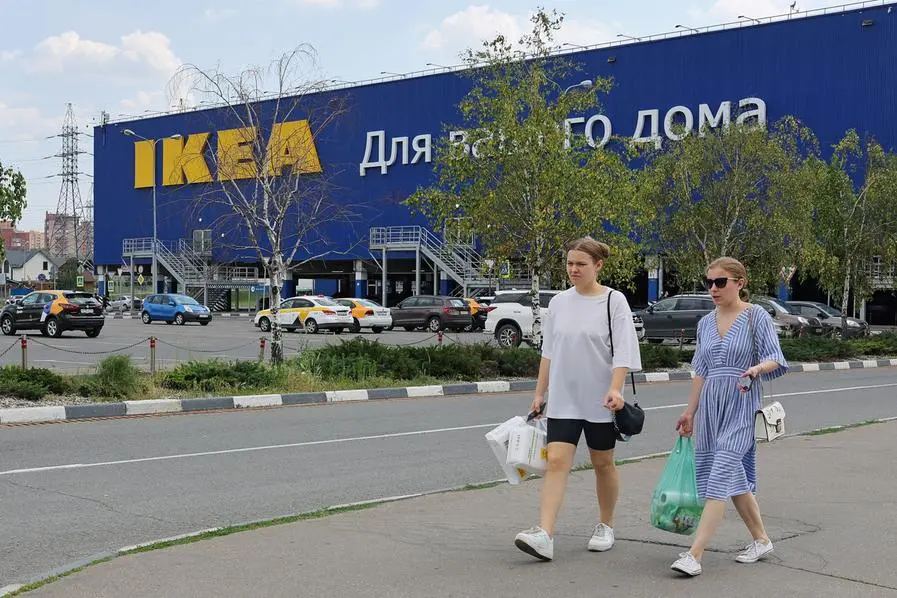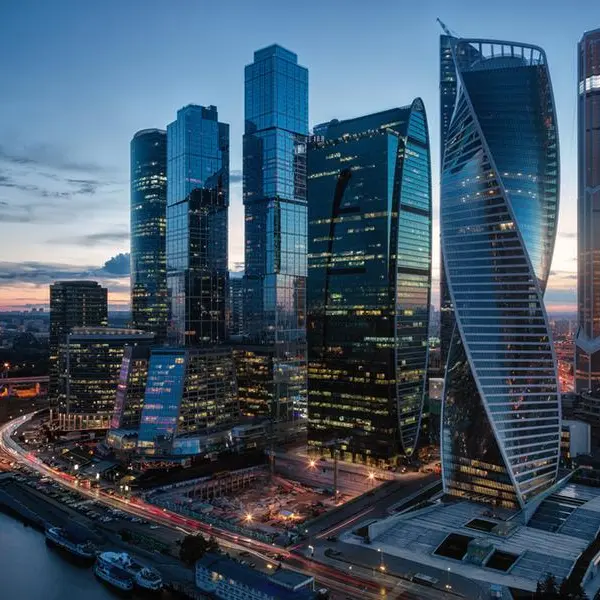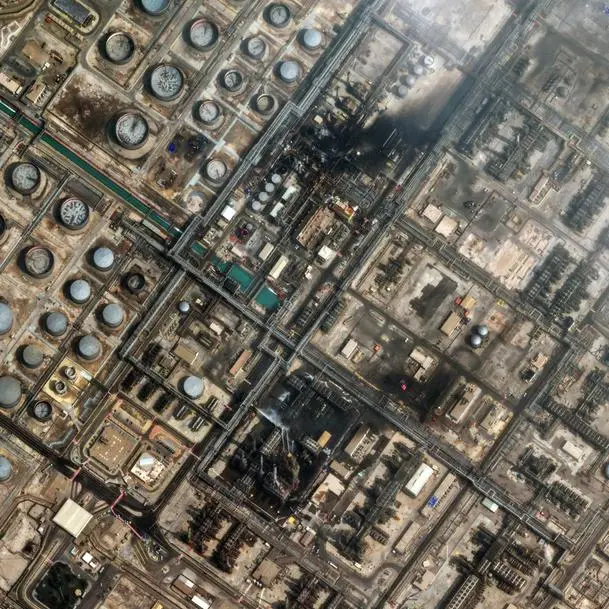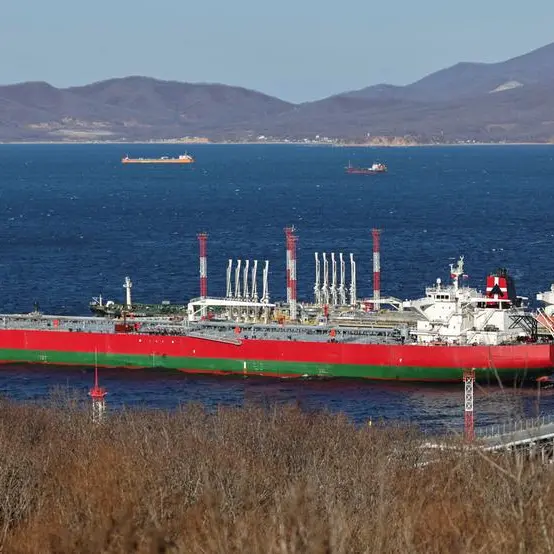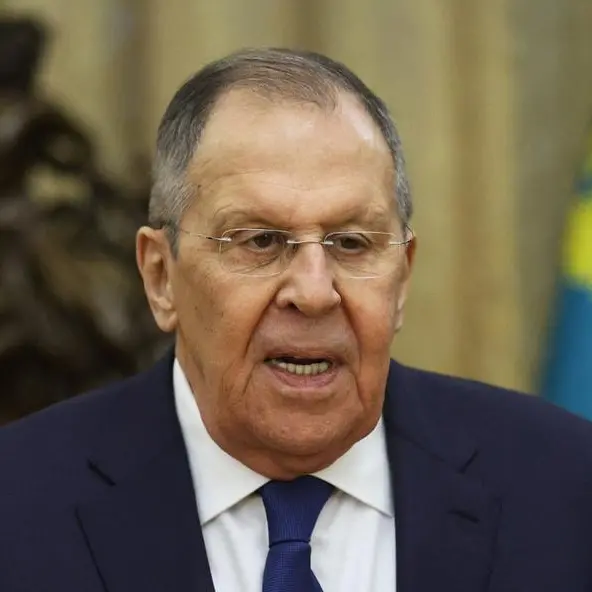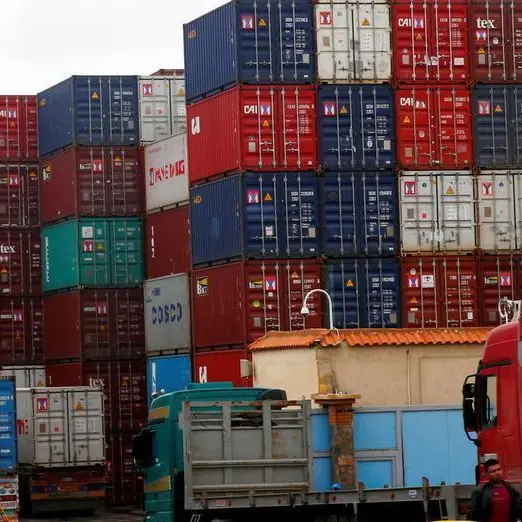PHOTO
MOSCOW - A Russian government commission has approved the sale of Swedish furniture maker IKEA's factories in Russia to two local buyers, paving the way for a deal to be struck, a government official was quoted as saying on Thursday.
Western companies announced plans to leave Russia after it sent tens of thousands of troops into Ukraine last February. IKEA hopes to finalise terms early this year.
Sales have been complicated by the need for deals involving firms from so-called unfriendly countries - those that imposed sanctions against Russia - to win approval from a government commission.
Deputy Industry and Trade Minister Viktor Yevtukhov told the daily Izvestia that kitchen worktop manufacturer Slotex and lumber producer Luzales would purchase the plants.
Brand owner Inter IKEA Group has previously said it was selling its four production units in Russia, in Tikhvin, Novgorod and Vyatka.
Izvestia said two units had been merged into one, meaning three business units would be included in the deal. The factories would continue to operate and the goods produced would be sold by Russian retail outlets.
"The sales process is subject to a mandatory approval process," Inter IKEA said on Thursday. "This process is between the authorities and applying companies.
"We have agreed with potential buyers not to share any details with respect to them and the integrity of the sales process."
Slotex and Luzales did not respond to requests for comment.
"It is important for us that production facilities work and are developed, and that jobs are preserved," Izvestia quoted Yevtukhov as saying. "The new owners, if necessary, can count on all possible measures of state support."
IKEA decided to close its shops in Russia after Moscow launched what it describes as a "special military operation" in Ukraine. Many other Western companies - from energy producers to food and clothing chains - have left Russia.
IKEA, the world's biggest furniture brand, shut down its Russian stores last March and said it would sell factories, close offices and reduce its 15,000-strong workforce in Russia. It reopened for a brief online fire sale last summer.
(Reporting by Alexander Marrow and Ron Popeski; Editing by Stephen Coates, Robert Birsel and Kim Coghill)
